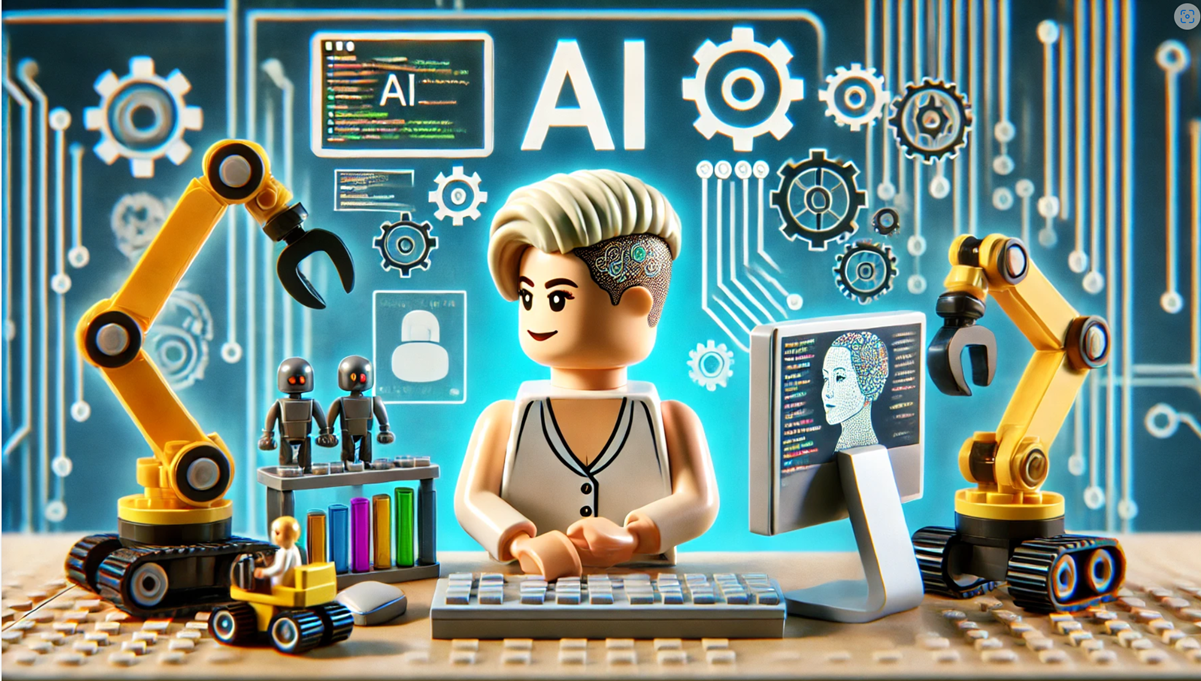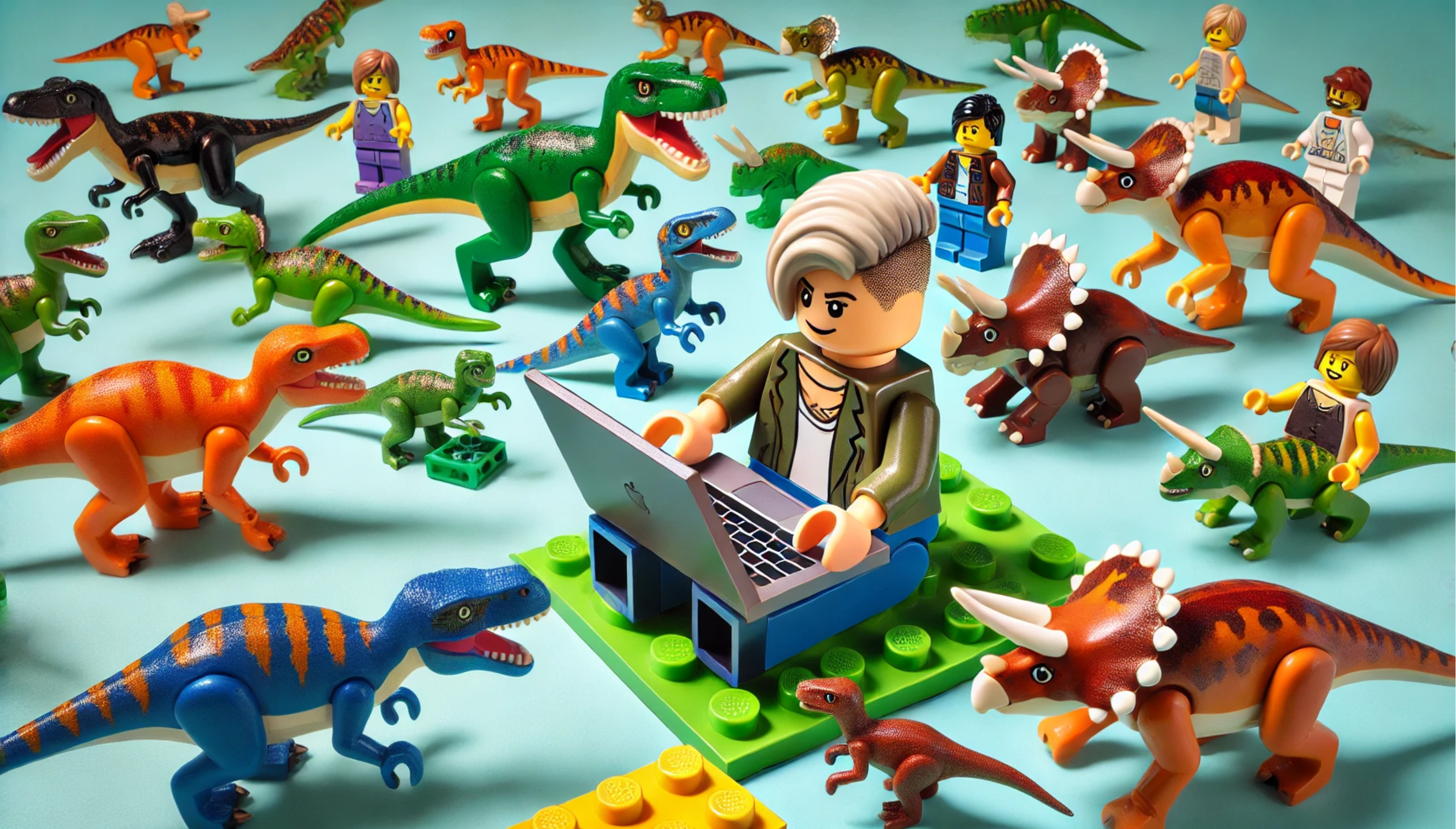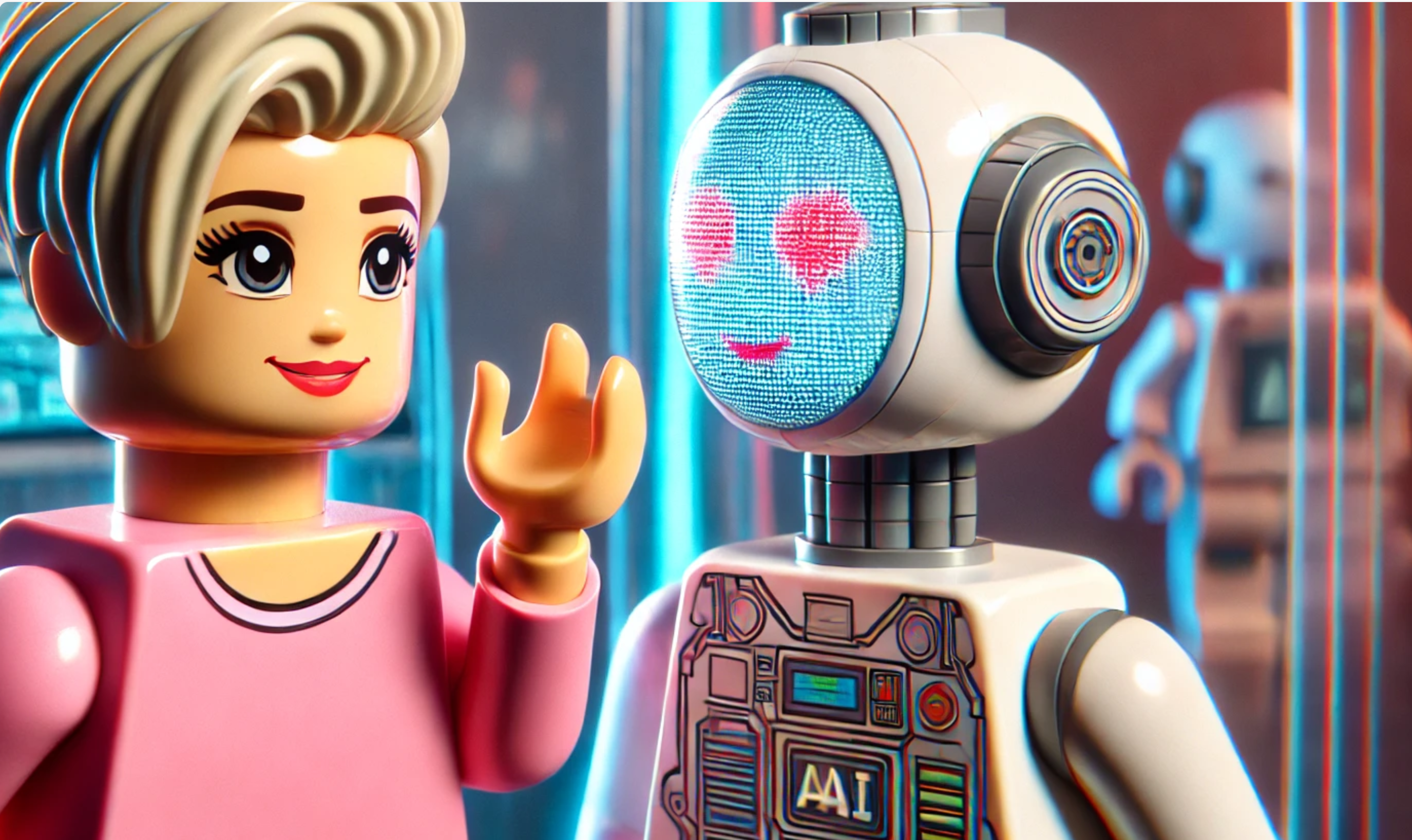Turning Culture Into Capital: AI and the new means of production
I love art. I love stories, music, and all the messy, beautiful ways humans express themselves. I’m also deeply fascinated by AI: It’s part of my job to consult companies on how AI can help them.
But I’m also scared.
Not because of the usual Terminator fever dreams (I’ve blogged about that) or even the Will AI take my job? fears. My unease comes from something deeper: the way AI intersects with late-stage capitalism and its relentless exploitation of our labor, creativity, and culture.
We live in a world (ChatGPT would even say: In today’s fast-paced digital world) where the gap between the wealthy and the rest grows wider by the day, and where every new technology seems to amplify that divide. AI isn’t just another tool, it’s a whole new means of production. The raw material? Us. Our stories, our art, and our collective creativity. The exploitation isn’t subtle, and it isn’t hypothetical. It’s happening now, and it’s reshaping not just jobs but society itself.
The Raw Material of AI: Us
AI doesn’t create from nothing. It generates text, art, music, and more because it’s trained on the cumulative output of humanity. Think about it: every book ever written, every photo uploaded, every Reddit comment, every meme: This is the data fed into AI systems. It’s a vast, unpaid labor pool of billions of people.
Take OpenAI or Mistral as examples. Their models are undeniably groundbreaking, but their success rests on data created by countless others. None of us signed up to have our posts, blogs, or digital creations mined to train these systems. And yet, the product that emerges is locked behind subscription paywalls, sold to us as something revolutionary. It is revolutionary, but it’s also exploitative. AI companies have essentially privatized the collective knowledge of humanity, transforming a shared resource into a commodity.
This mirrors the logic of capitalism: take what belongs to everyone, refine it, and sell it back at a profit. It’s the digital equivalent of the 18th-century enclosure movement, where common lands were fenced off for private gain.
Cultural Commodification in Late-Stage Capitalism
In the Marxist sense, AI perfectly embodies the concept of alienation. Creators, whether artists, writers, or coders, are divorced from the value of their labor. When your artwork is scraped from the internet to train a machine, you have no say in how it’s used or profited from. The product (an AI model) may replicate your style or generate content that competes with your work, but you see none of the profits.
AI has turned culture into a resource to be extracted. Just as capitalism once transformed raw materials like timber or coal into commodities, late-stage capitalism has done the same with creativity. The result? Tools like ChatGPT or MidJourney, which sell back the fruits of our collective cultural labor while further concentrating wealth and power in the hands of a few corporations.
For example:
- Platforms like DeviantArt have seen AI tools mimic specific artists’ styles without their consent, flooding the market with cheap imitations
- AI models can now create music indistinguishable from that of established artists, undermining musicians who rely on their unique sound to earn a living
- Freelancers and content creators face growing competition from AI-generated articles that are faster and cheaper to produce, even if they rely on those same writers’ past works for training data
The exploitation isn’t limited to individuals: It’s systemic. AI tools are the perfect representation of this era: extracting maximum value from shared resources, privatizing the benefits, and leaving creators behind.
Reclaiming the Means of Production
In Marxist terms, the means of production refers to the tools and resources used to create value. In the industrial age, it was factories and machinery. In the AI era, the means of production are data, algorithms, and computational power. But unlike factories, the raw material for AI (the data) comes from the collective work of millions of people who never consented to its use.
This exploitation mirrors the capitalist dynamic of surplus value. The AI companies profit enormously, but the creators of the training data, whether knowingly or unknowingly contributing, receive nothing. It’s the same story told across centuries: labor (or creativity) is exploited to generate wealth for someone else.
But what’s truly at stake here is more than individual livelihoods. It’s culture itself. When the commons (the shared pool of human knowledge and creativity) is turned into a product, we lose something fundamental. Art and knowledge, once accessible to all, become luxuries reserved for those who can afford the subscription fees.
Imagining a Better Future
This doesn’t have to be our reality. There are principles that offer a lens to imagine alternatives: systems where the benefits of AI are distributed equitably and where creators retain ownership of their labor. Here are some ways we could start reclaiming the means of production:
- Supporting open-source projects ensures AI remains accessible to everyone, not just those who can pay
- Implement frameworks to compensate individuals whose work is used in AI training datasets, much like royalties in the music industry
- Treat AI like a public utility. Publicly funded models could democratize access while preventing corporate monopolies.
- Require companies to disclose their data sources and allow creators to opt out of having their work used for AI training
The AI revolution doesn’t have to mimic the inequalities of the industrial revolution. With collective action and a focus on equity, we can steer this technology toward a future where it serves humanity rather than exploiting it.
You May Also Like
AI and dinosaurs
Have you ever noticed how almost every kid goes through that intense dinosaur phase? You know the one. Suddenly, your five-year-old nephew can rattle off facts about the size, speed, and power of a …
Why you shouldn’t say 'please' or 'thank you' to AI (and why it matters)
We’ve all been there: asking ChatGPT, Copilot or whatever AI, for something and instinctively saying “please” or “thank you.” It feels polite, right? But AI doesn’t care. Talking to it like it’s a …
Hasta la vista?! About how we picture AI
Ever searched for “AI” on a stock image site or even used an AI tool to generate an image of “AI”? I can’t help but noticing three recurring themes: robots that look like the Terminator …





